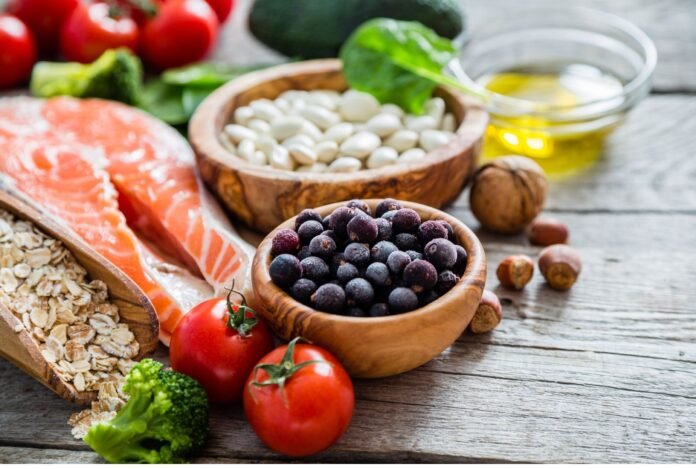High cholesterol is a significant risk factor for heart disease, but did you know that you can combat it with the right diet? By incorporating certain nutrient-packed foods into your daily meals, you can reduce bad cholesterol (LDL) and support good cholesterol (HDL), all while improving your overall heart health.
Here are 15 heart-healthy foods that not only lower cholesterol but also provide essential nutrients to keep your cardiovascular system strong.
Oats
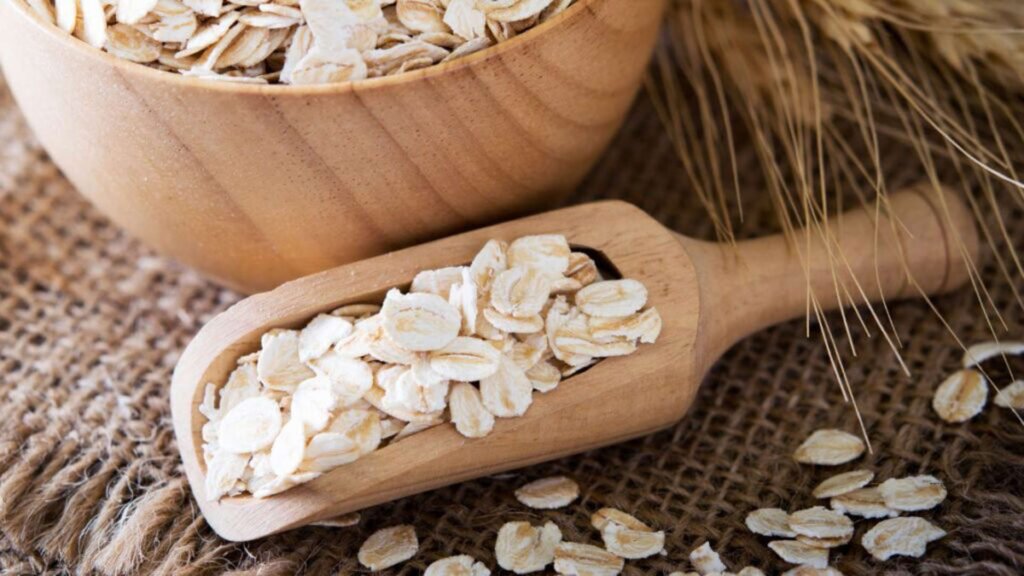
Oats are a fantastic source of soluble fiber, which actively reduces LDL cholesterol. Regular consumption helps absorb cholesterol from the bloodstream and eliminates it from the body. Starting your day with a bowl of oatmeal is a simple and tasty way to increase fiber intake.
Adding fruits like bananas or berries can further enhance oats’ heart-healthy benefits. Oats are also highly filling, aiding in weight management—an essential factor for heart health. Replacing refined grains with oats can significantly improve your cholesterol levels and overall heart health.
Pro tip: Swap refined grains with oats for long-term cholesterol management and better weight control.
Avocados
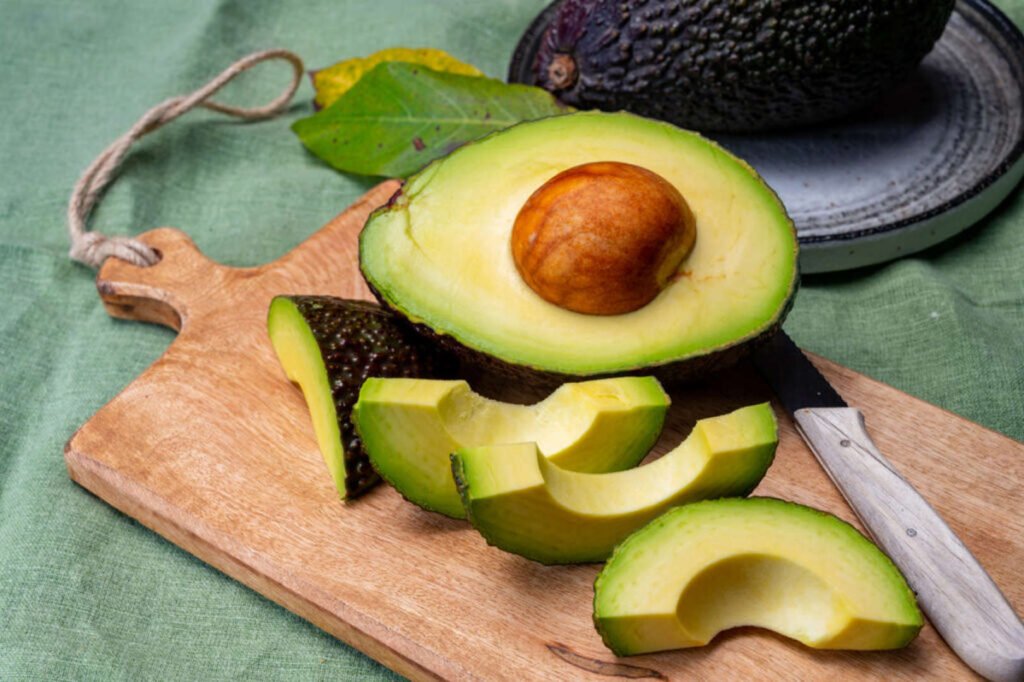
Avocados are loaded with heart-friendly monounsaturated fats that lower bad cholesterol while preserving good cholesterol levels. They’re also high in fiber, which further aids in reducing cholesterol.
You can enjoy avocados in salads, spread them on toast, or prepare guacamole for a delicious and healthy snack. Their potassium content helps regulate blood pressure, offering additional heart benefits.
Incorporating avocados regularly into your meals can significantly boost heart health. Their versatility makes them a great addition to a variety of dishes.
How to enjoy: Spread on whole-grain toast, toss in salads, or blend into creamy guacamole.
Bonus benefit: Avocados are high in potassium, which helps regulate blood pressure.
Fatty Fish

Fatty fish such as salmon, mackerel, and sardines are packed with omega-3 fatty acids that lower triglycerides and reduce inflammation. These healthy fats also help boost good cholesterol levels.
For better heart health, aim to eat fish twice a week. If you don’t enjoy fish, fish oil supplements can serve as a suitable alternative.
Omega-3s work to prevent plaque buildup in arteries, lowering the risk of heart attacks. Adding fatty fish to your diet can provide lasting benefits for your heart.
Recommendation: Aim to eat fatty fish at least twice a week.
Alternative: If you don’t enjoy fish, consider fish oil supplements to reap similar heart benefits.
Beans
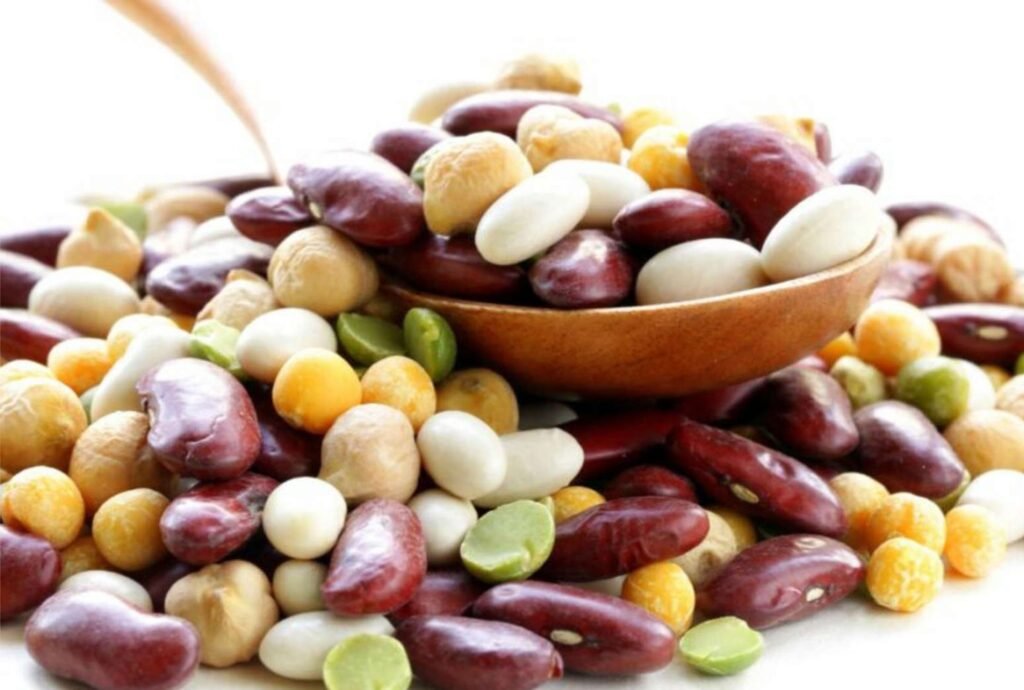
Beans, such as black beans, kidney beans, and lentils, are rich in soluble fiber, which helps reduce cholesterol and supports heart health.
These legumes are also high in protein, making them an excellent meat substitute for cutting down on saturated fats. Incorporate beans into soups, salads, or dips to easily boost your fiber intake.
Beans work by slowing the absorption of cholesterol in the body. Regularly including them in your meals can lead to noticeable improvements in your cholesterol profile.
How to add them: Stir into soups, sprinkle over salads, or enjoy as a bean dip.
Olive Oil
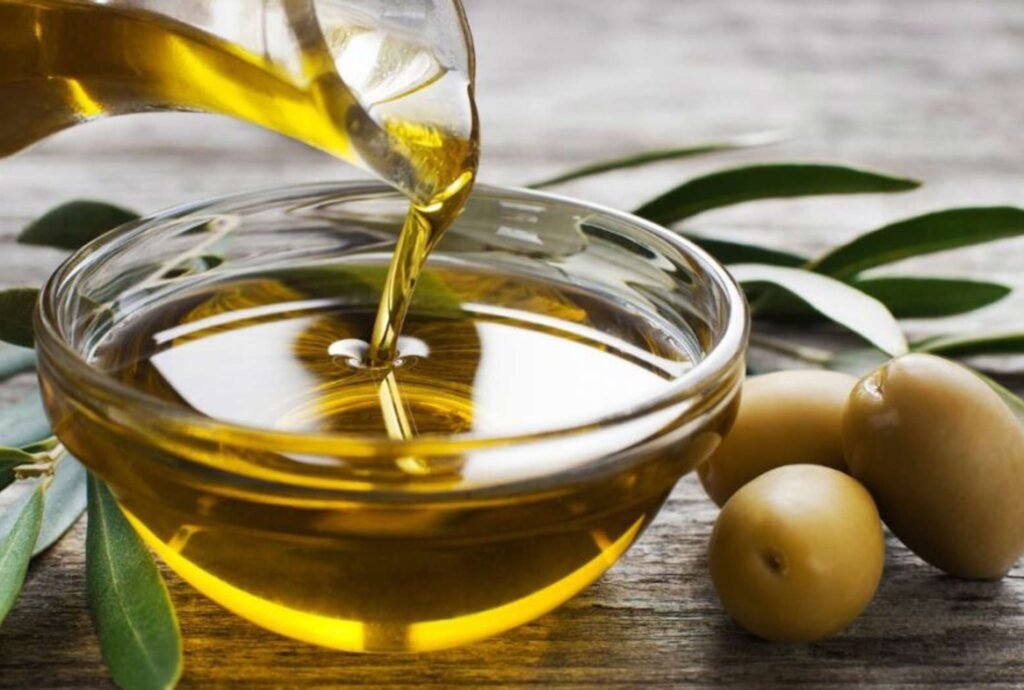
Olive oil, particularly extra virgin, is rich in heart-healthy monounsaturated fats and antioxidants that lower bad cholesterol and support overall heart health.
A staple of the Mediterranean diet, olive oil offers anti-inflammatory benefits that help reduce the risk of heart disease.
Use olive oil as your primary cooking oil, drizzle it over vegetables, or make it the base for salad dressings. It’s a much healthier alternative to butter or margarine.
Why it’s great: It helps lower LDL cholesterol while reducing inflammation.
Use it for: Salad dressings, drizzling over roasted vegetables, or replacing butter in cooking.
Flaxseeds
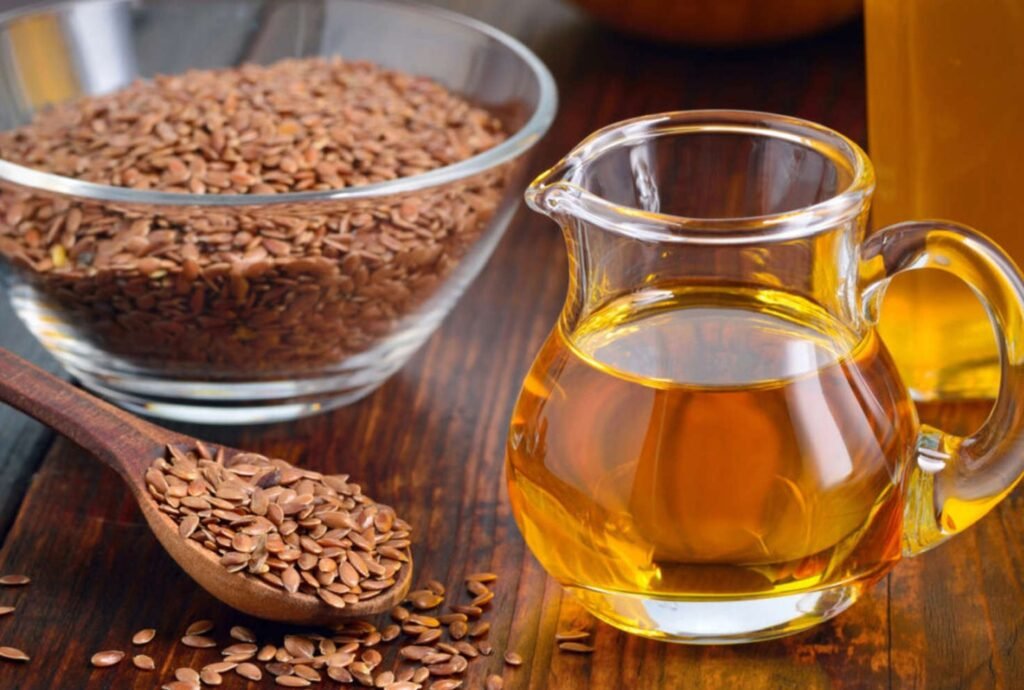
Flaxseeds are packed with omega-3 fatty acids, fiber, and lignans, which work together to promote heart health by lowering cholesterol and reducing the risk of heart disease.
Add ground flaxseeds to cereal, blend them into smoothies, or bake them into muffins for a simple, heart-healthy boost.
They also help lower blood pressure, a key factor in maintaining heart health. Use ground flaxseeds instead of whole ones for better digestion and absorption of nutrients.
How to enjoy: Add ground flaxseeds to smoothies, yogurt, or baked goods.
Tip: Use ground flaxseeds for better absorption of nutrients.
Apples
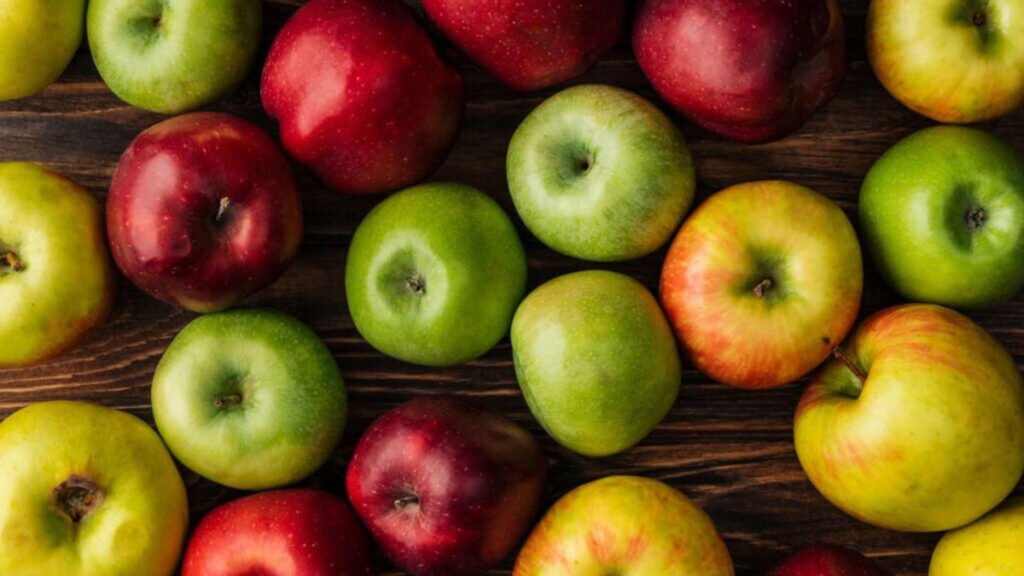
An apple a day truly supports heart health, thanks to pectin, a soluble fiber that helps lower LDL cholesterol levels.
Rich in antioxidants like flavonoids, apples protect the heart and reduce the risk of heart disease.
Enjoy them as a quick snack or add slices to salads and oatmeal. Including apples in your daily diet is an easy and tasty way to boost heart health.
Enjoy them: As a snack, in salads, or sliced over oatmeal.
Dark Chocolate
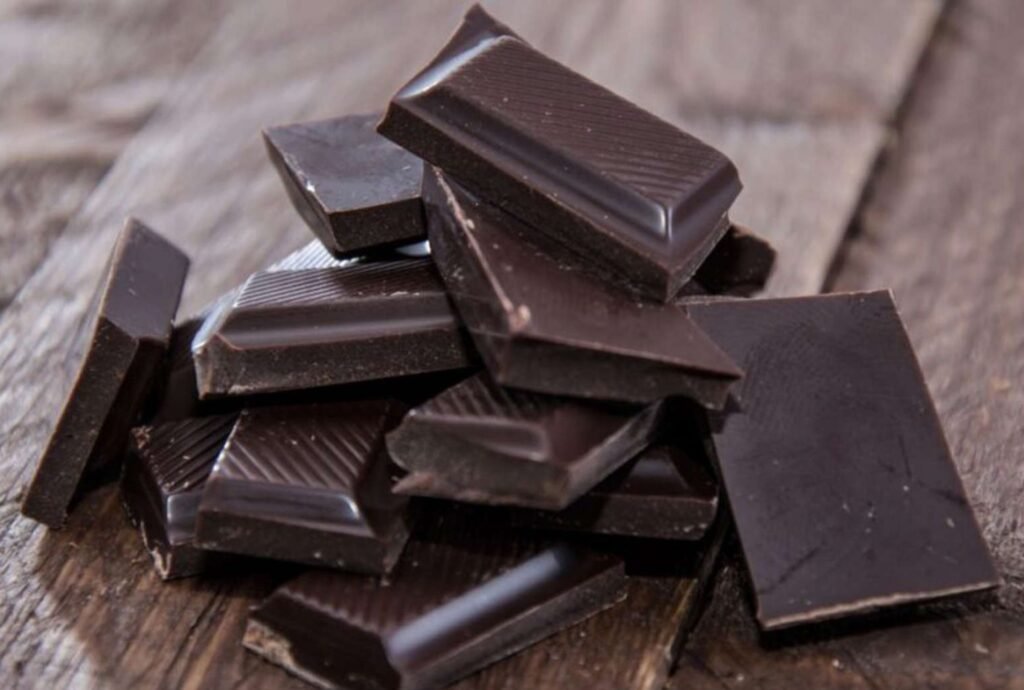
Dark chocolate, in moderation, supports heart health with flavonoids that lower blood pressure and boost circulation.
Its antioxidants help prevent cholesterol buildup in arteries, protecting the heart.
Choose chocolate with at least 70% cocoa for maximum benefits. A small piece satisfies your sweet tooth while offering heart-friendly properties—just enjoy it sparingly to avoid excess calories and sugar.
Tip: Indulge in moderation to keep sugar and calorie intake in check.
Berries
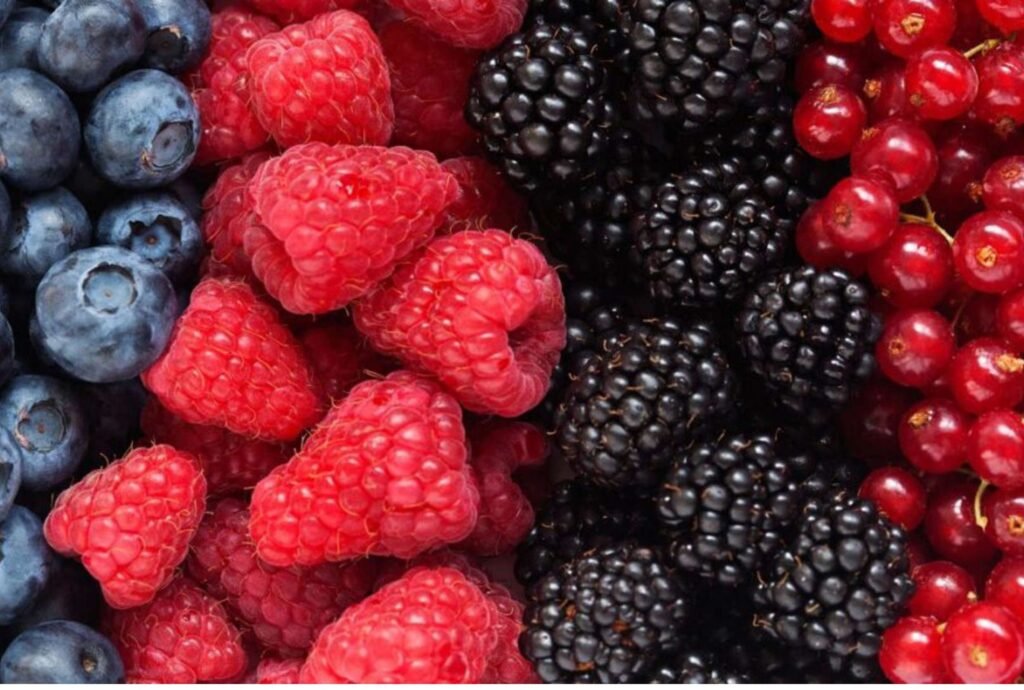
Berries like strawberries, blueberries, and raspberries are packed with antioxidants and fiber, promoting heart health by reducing inflammation and lowering LDL cholesterol.
Low in calories, they’re a great snack option. Add them to oatmeal, yogurt, or enjoy them plain.
The polyphenols in berries boost circulation and help prevent blood clots. Regularly including berries in your diet can lower the risk of heart disease.
them to yogurt, smoothies, or eat as a refreshing snack.
Garlic

Garlic has long been valued for its health benefits, especially for heart health. It contains allicin, which helps lower cholesterol and blood pressure.
Easily incorporated into dishes like stir-fries, soups, and salads, garlic can prevent blood clots and reduce the risk of heart disease.
It’s a flavorful addition to meals that boosts heart health without adding extra calories. Regular garlic consumption is an effective way to support a healthy heart.
Add it to: Stir-fries, soups, or salads for a delicious boost to your meals.
Spinach
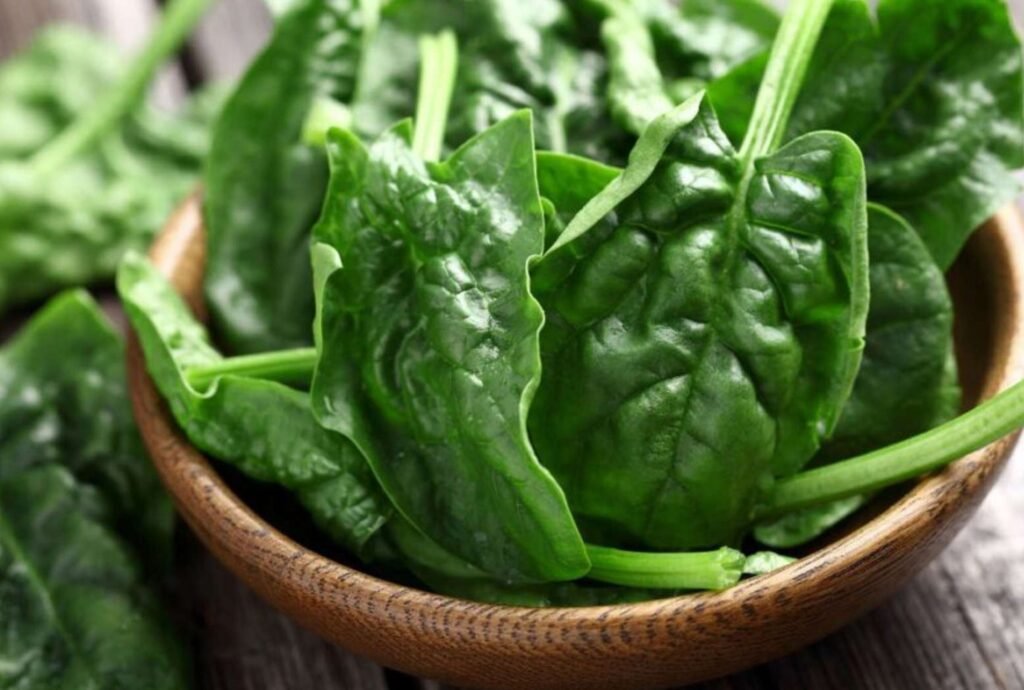
Spinach is a nutrient-rich leafy green that supports heart health. It’s an excellent source of potassium to help lower blood pressure and fiber to reduce cholesterol.
Regular spinach consumption can prevent plaque buildup in the arteries. It’s easy to incorporate into smoothies, salads, or as a sautéed side dish.
Low in calories, spinach is a heart-healthy choice for your meals. Adding more leafy greens like spinach to your diet offers long-term heart benefits.
How to use: Add to smoothies, sauté as a side dish, or toss into salads.
Whole Grains
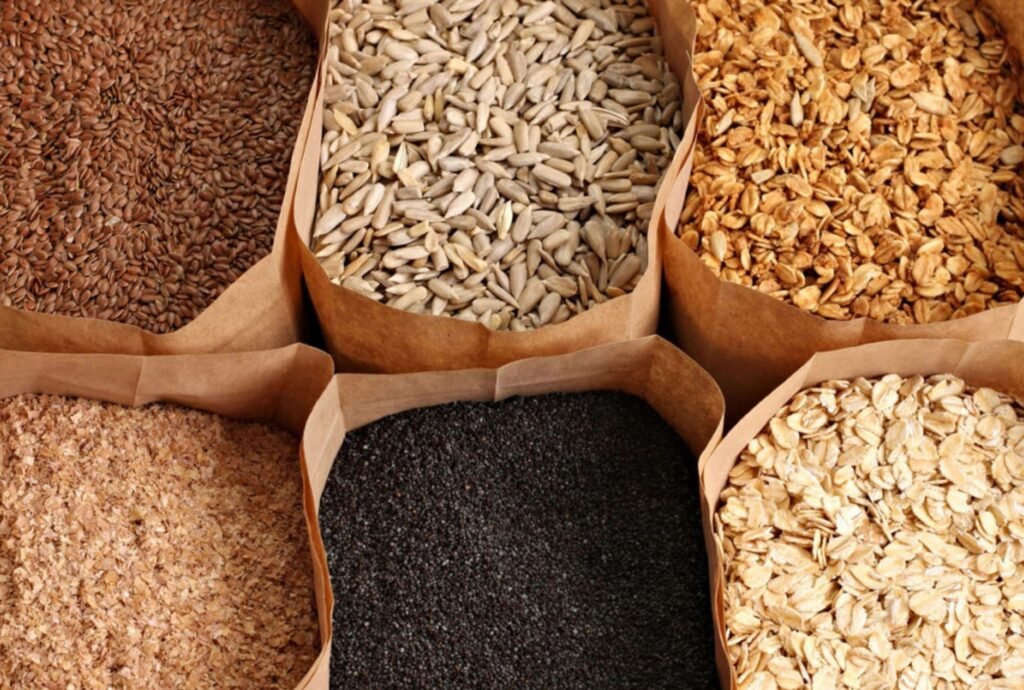
Whole grains such as brown rice, quinoa, and barley are fiber-rich and help lower cholesterol. They are a healthier choice compared to refined grains, which can elevate blood sugar and cholesterol levels.
These grains also offer antioxidants and other heart-protective nutrients. Adding whole grains to your diet can lower the risk of heart disease and enhance heart function.
Substitute white bread or pasta with whole-grain alternatives to increase your fiber intake. Whole grains provide sustained energy and support long-term heart health.
Switch it up: Replace white bread or pasta for whole-grain versions to boost your fiber intake. Whole grains provide long-lasting energy and support heart health in the long term.
Oranges

Oranges are not only refreshing but also rich in vitamin C, fiber, and potassium, all of which benefit heart health. The soluble fiber in oranges helps lower cholesterol, while potassium aids in controlling blood pressure.
Consuming oranges, whether as juice or whole fruit, can reduce inflammation and protect against plaque buildup in the arteries. They are also a hydrating, low-calorie snack option.
Incorporating citrus fruits like oranges into your diet can help maintain healthy cholesterol levels and lower the risk of heart disease.
Enjoy as: A snack, freshly squeezed juice, or added to a fruit salad.
Nuts
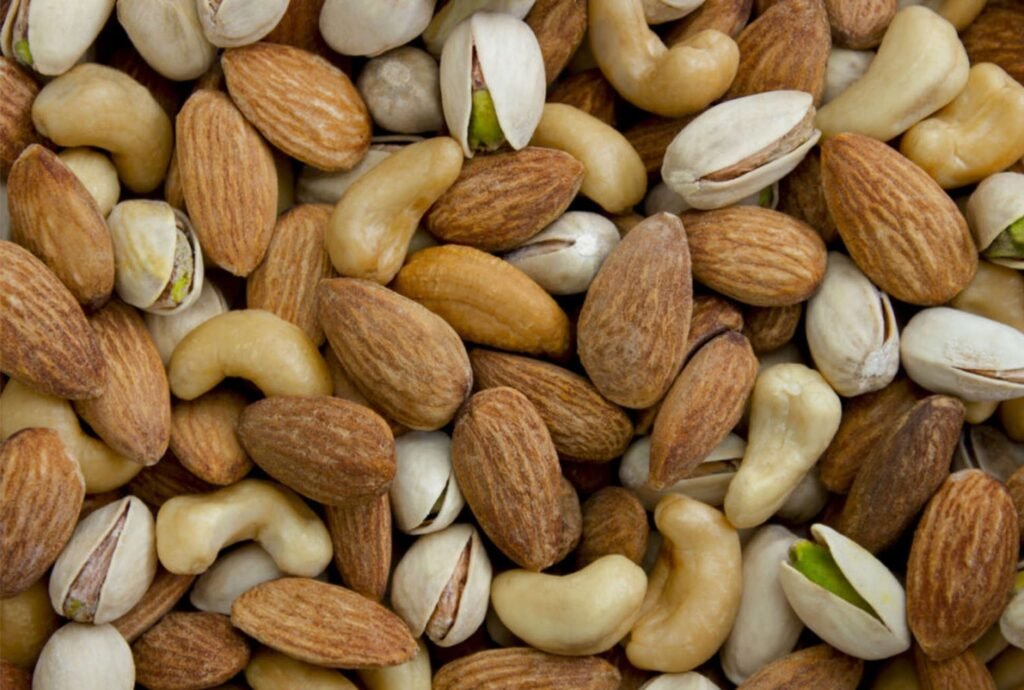
Nuts, especially almonds and walnuts, are excellent for heart health due to their high content of unsaturated fats and fiber. They are effective in lowering bad cholesterol and reducing the risk of heart disease.
Regularly consuming nuts has been shown to improve cholesterol levels and enhance overall heart function. They also provide a good source of protein, helping you feel fuller for longer.
A handful of nuts makes a satisfying snack or a crunchy addition to oatmeal and salads. However, since nuts are calorie-dense, it’s important to watch portion sizes to maintain a balanced diet.
How to eat them: As a snack, sprinkle over salads, or mix into oatmeal.
Pro tip: Stick to a handful a day, as nuts are calorie-dense.
Green Tea

Green tea is rich in antioxidants, particularly catechins, which help lower cholesterol and enhance heart health. Regular consumption of green tea can reduce inflammation and support your cardiovascular system.
It’s also a healthier alternative to sugary drinks that can contribute to weight gain and heart issues. Drinking a cup of green tea daily can provide heart-protective benefits. The compounds in green tea also aid in relaxing blood vessels and reducing blood pressure.
Incorporating green tea into your daily routine is an easy way to support heart health.
Tip: Replace sugary beverages with a warm cup of green tea for added heart benefits.
Final Thoughts
Your diet plays a crucial role in managing cholesterol and maintaining heart health. By including these 15 heart-friendly foods in your meals, you’re taking an essential step toward a healthier lifestyle. Combine these foods with regular exercise and other healthy habits to keep your heart in optimal condition.
Take action today—small changes can lead to big improvements in your cholesterol and heart health!
Let me know if you’d like further tweaks to make this blog post even more impactful!



